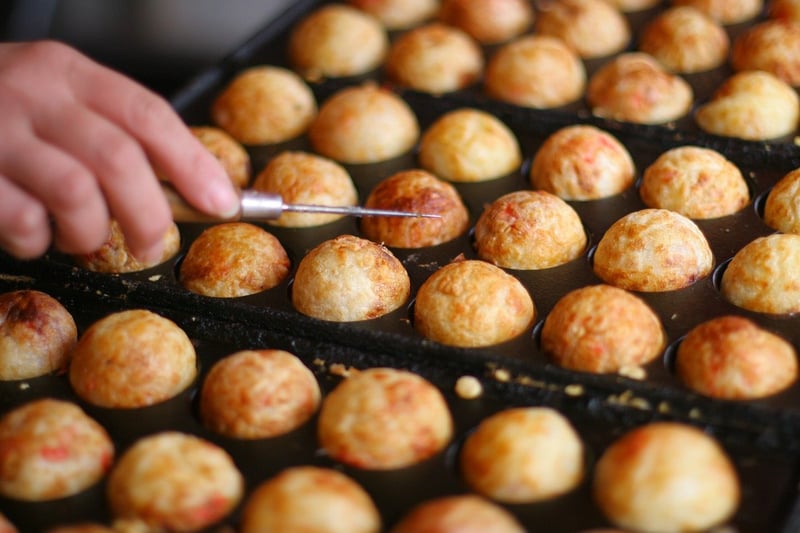Food Traditions
Exploring Food Diversity and Traditional Cuisines
Food is not just about sustenance; it's a reflection of culture, history, and tradition. Across the globe, different communities have developed unique culinary practices that showcase their heritage and values. Let's delve into the rich tapestry of food diversity and traditional cuisines that make our world a flavorful and vibrant place.
What is Food Diversity?
Food diversity refers to the variety of foods available within a particular region or community. It encompasses not only different types of ingredients but also cooking methods, flavor profiles, and dining customs. Embracing food diversity allows us to appreciate the complexity and beauty of culinary traditions worldwide.
Exploring Traditional Cuisines
Traditional cuisines are deeply rooted in history and are often passed down through generations. They are a testament to the cultural heritage of a community and offer insights into its way of life. By exploring traditional cuisines, we can connect with different cultures and broaden our culinary horizons.
Asian Cuisine
Asian cuisine is renowned for its bold flavors, aromatic spices, and diverse ingredients. From the fiery curries of India to the delicate sushi of Japan, Asian traditional cuisines offer a sensory experience like no other. The balance of sweet, sour, salty, and spicy elements creates harmonious dishes that delight the palate.

European Cuisine
European traditional cuisines vary widely from region to region, reflecting the continent's rich history and cultural influences. From the hearty stews of Ireland to the decadent pastries of France, European cuisine is a celebration of local produce and time-honored cooking techniques. Each dish tells a story of tradition and craftsmanship.

African Cuisine
African traditional cuisines are as diverse as the continent itself, showcasing a kaleidoscope of flavors and ingredients. From the spicy tagines of North Africa to the flavorful stews of West Africa, African cuisine is a vibrant tapestry of culinary delights. The use of indigenous spices and cooking methods sets African dishes apart and makes them truly unique.

Preserving Food Traditions
In a rapidly globalizing world, it is essential to preserve food traditions to ensure that cultural heritage is not lost. By supporting local farmers, artisans, and traditional cooking methods, we can safeguard traditional cuisines for future generations to enjoy. Embracing food diversity and traditional cuisines is a way to celebrate our shared humanity and the richness of our collective culinary heritage.
Let's continue to explore, appreciate, and savor the diverse flavors and traditions that make our world a deliciously colorful place!
